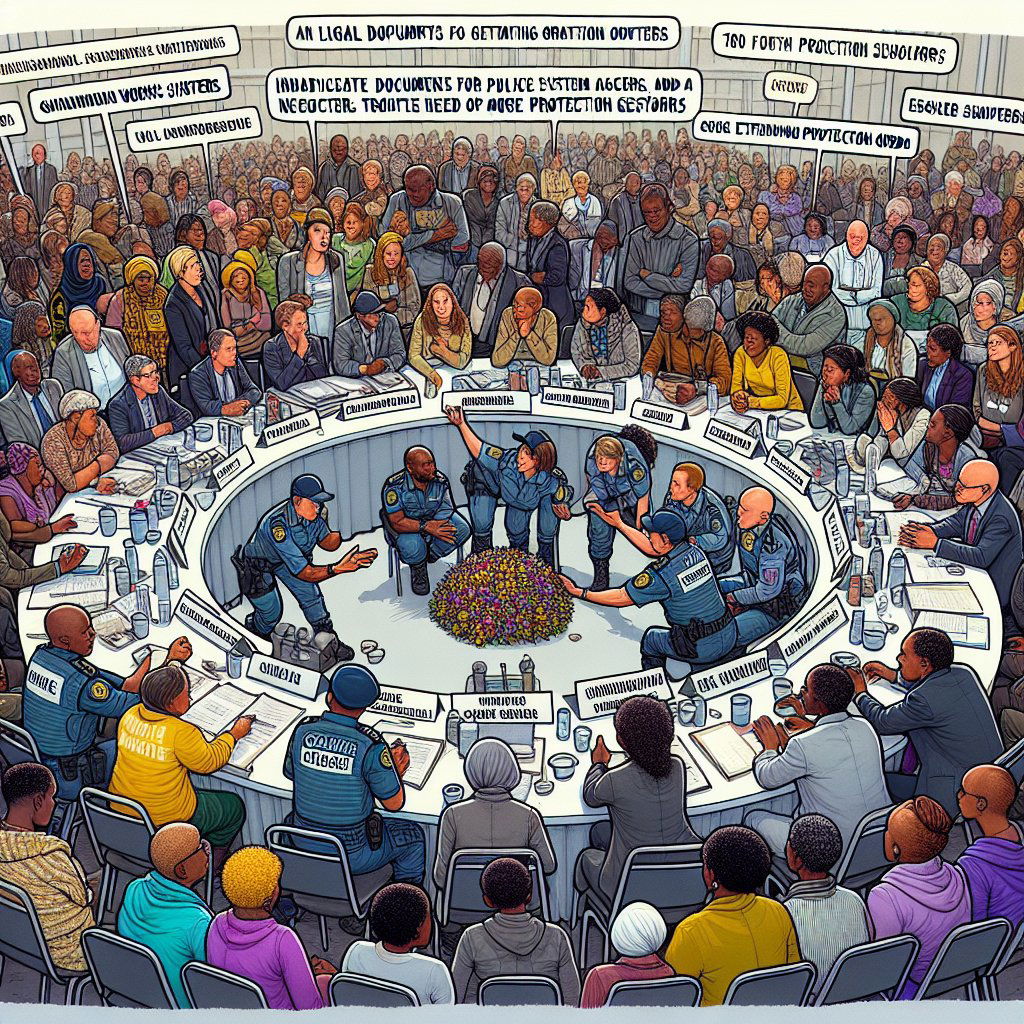Image: AI generated for illustration purposes
National Shelter Indaba Highlights the Plight of GBV Survivors Amid Funding and Legal Challenges
The National Shelter Indabad in Johannesburg, South Africa, became a platform voicing the urgent needs and prevailing struggles within the gender-based violence (GBV) support ecosystem. The pervading issue tabled by activists and shelter representatives was one of insufficient funding for women’s shelters coupled with the ineffective treatment of GBV survivors.
Dianne Massawe, Chairperson of the National Shelter Movement of SA, pinpointed a substantial gap between robust laws and their real-world implementation. Massawe's insightful declaration clarified that the responsibility for tackling violence stretches far beyond the Department of Social Development, encompassing a much broader aspect including the police, the justice system, and society at large.
Frontline responders such as police officers and doctors, whose initial interactions with GBV survivors are critical to the latter's journey to justice and healing, were highlighted for the need for enhanced training. Amid these discussions, a distressing insight emerged regarding difficulties in obtaining protection orders, a legal buffer essential for the safety of survivors.
Reports of women being turned away by the police if they had not experienced physical abuse emphasizes the urgent need to refine approach protocols, particularly as some officers also impose undue prerequisites for protection orders. Even medical professionals, a vital link in the chain, appear hesitant to complete documentation due to reluctance to be involved in court proceedings.
Bronwyn Moore from Community Cohesion shone a light on the disturbing lack of issuance of protection orders in certain cases, especially when perpetrators manipulate rationale revolving around firearm possession. Furthermore, Annah Mabunda from the Department of Health exposed the near impossibility of disarming perpetrators who are part of the police or other law enforcement agencies.
The systemic challenges extend into linguistic and educational barriers, as explained by Petronella Skosana, who spoke about non-English speaking survivors struggling with the complex documentation necessary to acquire protection orders. The delays and procedural roadblocks continue into the healthcare system, with survivors waiting extended periods for rape kits—attributable to a shortage of adequately trained doctors as Tshidi Manhole described.
Beyond the immediate aftermath of assault, preparation for court proceedings is another hurdle addressed by social workers like Manhole who stress the importance of proper witness preparation from the National Prosecuting Authority to mitigate survivors' traumatic experiences during trials.
Fikile Faltein, representing the Department of Social Development (DSD), amplified the conversation by drawing attention to the paucity of shelters suitably equipped to deal with human trafficking survivors, signifying an additional, distinct layer of support requisite for their recovery.
The Minister of Social Development, Lindiwe Zulu, urged for involvement from the private sector to step forward with funding and support, including the provision of infrastructure for establishing shelters.
This poignant dialogue at the indaba lays bare the reality of the uphill battle against GBV that South Africa contends with—an intricate entanglement of financial constraints, legal ineffectiveness, and systemic inadequacies that those on the frontlines fight to reconcile in their mission to shield survivors and navigate them towards a semblance of justice and safety.










